Over 60 million real residential IPs from genuine users across 190+ countries.
Over 60 million real residential IPs from genuine users across 190+ countries.
PROXY SOLUTIONS
Over 60 million real residential IPs from genuine users across 190+ countries.
Reliable mobile data extraction, powered by real 4G/5G mobile IPs.
Guaranteed bandwidth — for reliable, large-scale data transfer.
For time-sensitive tasks, utilize residential IPs with unlimited bandwidth.
Fast and cost-efficient IPs optimized for large-scale scraping.
A powerful web data infrastructure built to power AI models, applications, and agents.
High-speed, low-latency proxies for uninterrupted video data scraping.
Extract video and metadata at scale, seamlessly integrate with cloud platforms and OSS.
6B original videos from 700M unique channels - built for LLM and multimodal model training.
Get accurate and in real-time results sourced from Google, Bing, and more.
Execute scripts in stealth browsers with full rendering and automation
No blocks, no CAPTCHAs—unlock websites seamlessly at scale.
Get instant access to ready-to-use datasets from popular domains.
PROXY PRICING
Full details on all features, parameters, and integrations, with code samples in every major language.
LEARNING HUB
ALL LOCATIONS Proxy Locations
TOOLS
RESELLER
Get up to 50%
Contact sales:partner@thordata.com
Proxies $/GB
Over 60 million real residential IPs from genuine users across 190+ countries.
Reliable mobile data extraction, powered by real 4G/5G mobile IPs.
For time-sensitive tasks, utilize residential IPs with unlimited bandwidth.
Fast and cost-efficient IPs optimized for large-scale scraping.
Guaranteed bandwidth — for reliable, large-scale data transfer.
Scrapers $/GB
Fetch real-time data from 100+ websites,No development or maintenance required.
Get real-time results from search engines. Only pay for successful responses.
Execute scripts in stealth browsers with full rendering and automation.
Bid farewell to CAPTCHAs and anti-scraping, scrape public sites effortlessly.
Dataset Marketplace Pre-collected data from 100+ domains.
Data for AI $/GB
A powerful web data infrastructure built to power AI models, applications, and agents.
High-speed, low-latency proxies for uninterrupted video data scraping.
Extract video and metadata at scale, seamlessly integrate with cloud platforms and OSS.
6B original videos from 700M unique channels - built for LLM and multimodal model training.
Pricing $0/GB
Starts from
Starts from
Starts from
Starts from
Starts from
Starts from
Starts from
Starts from
Docs $/GB
Full details on all features, parameters, and integrations, with code samples in every major language.
Resource $/GB
EN
代理 $/GB
数据采集 $/GB
AI数据 $/GB
定价 $0/GB
产品文档
资源 $/GB
简体中文$/GB


There are many proxy types available at present, so choosing the proxy type may be overwhelmed. Residential agents always stand out from it. But there are many misunderstandings and questions around this specific agent type. For example, why choose a residential agent? Are they legal? Why are they so expensive?
Today’s article we will answer all the above questions and misunderstandings. Let us briefly explain what the residential agent is, so that the follow -up questions can get the answer.
Residential IPs are associated with physical devices, including phones, tablets, and computers. These IP addresses are assigned by Internet Service Providers (ISPs) and registered in public databases, allowing websites to identify the device’s ISP, network, and geographic location.
A residential proxy is an intermediary server between users and websites. The only difference is that they use real IP addresses assigned to actual users by Internet Service Providers. These proxies can be used to enhance your online privacy or to scrape public online data from harder-to-reach targets that other types of proxies cannot.With residential proxies, you can simulate visits from different countries and regions, access global content with real regional IPs.
While a residential proxies server in itself is a specific type, these proxies can also be split into different sub-categories.
Mobile proxies use the IP addresses of mobile devices. Similar to dedicated residential proxies , mobile residential proxies are highly reliable and speedy. Of course, that comes at a cost – these proxies are known to be on the more expensive side.
However, it’s not uncommon for mobile proxies to get blocked by websites.
Rotating residential proxies automatically switch IP addresses randomly after certain periods of time. As a result, they’re highly secure and difficult for websites to detect, making them one of the priciest proxies on the market.
Static residential proxies use a real residential IP address from an actual internet service provider (ISP) rather than proxy server farms. Since these IP addresses are under contract from an actual ISP, your online activity appears to be regular traffic to any server you visit.
Powerful proxies are able to bypass the IP blocking mechanism of the target website and prevent the scraping activity from being blocked. When you use a proxies to browse or scrape a web page, the website will treat you as a real user, not an automated robot. Therefore, the success rate of scraping can be greatly improved.
Residential proxies are generally able to provide more stable network connections, which are more stable than data center proxies.
A good residential proxies service can ensure 99% uptime, without sudden slowdowns or disconnections.
When you use proxies, rotating IPs prevent websites from tagging your activities, ensuring that your data is protected from potential threats. Safe browsing is essential, especially when scraping sensitive data or conducting competitive analysis.
Another very common type of proxy, which is often compared to residential proxies, is the datacenter proxy. While they both have the same core functionality – changing your original IP address and routing your traffic through it – they differ significantly in terms of origin, pricing, and other factors. Let’s look at the main differences.
Unlike residential proxies, which are provided by Internet Service Providers with real people’s IP addresses, datacenter proxies come from data centers or cloud hosting services.
Thordata’s residential network still offers the cheapest residential proxies, providing premium quality, powerful features, and unmatched stealth, which datacenter proxies lack when crawling challenging websites.
Residential proxies allow you to simulate natural behavior, so it’s harder for websites to detect and block you.
Residential proxies can be used for most use cases related to web scraping. However, there are specific proxies that are better suited for residential proxies, let’s take a look.
Price Monitoring
The process of collecting, processing, and analyzing competitor prices. With residential proxies, you can simulate real-life scraping and collect public data from any e-commerce marketplace while avoiding being blocked.
Ad Verification
Ad verification can be performed for different goals; therefore, it is often divided into types such as Facebook Ad Verification, Amazon Ad Verification, Google Ad Verification, etc. Residential proxies are a perfect digital ad verification solution as they provide unique, organic, and geographically diverse IP addresses for accessing overseas content.
Review Monitoring
Review Monitoring is the process of checking what customers are saying about a brand on the internet. It involves monitoring brand mentions, negative reviews, or customer feedback on multiple review sites. Residential proxies allow you to collect reviews from anywhere in the world without any hindrance.
As an efficient and stable proxy type, residential proxies can effectively help data crawlers bypass IP blocking, increase crawling speed, and ensure the long-term stability of crawling activities. By choosing the right residential proxies service provider, setting up proxy pools, and controlling crawling frequency and latency, you can greatly improve the efficiency and success rate of data scraping.
Frequently asked questions
Will using a residential proxies expose my personal information?
Residential proxies do not expose personal information themselves because they use a virtual home IP address instead of the user’s personal IP address. Data scraping through residential proxies is no different from normal user browsing the web, so it can effectively protect your privacy. However, if you directly expose personal information when using a proxy (such as logging into an account, entering sensitive data), there may be security risks.
Are residential proxies legal?
Residential proxies are legal in themselves; their legality depends on how they are used. Using residential proxies to scrape content from public websites is legal, but using them for illegal activities will result in legal consequences.
How much do residential proxies usually cost?
The cost varies by provider, but it usually depends on factors such as IP pool size, bandwidth, and features. Expect monthly plans to range from $3.3 to several hundred dollars. Recommended best residential proxies by Thordata.
About the author

Jenny is a Content Manager with a deep passion for digital technology and its impact on business growth. She has an eye for detail and a knack for creatively crafting insightful, results-focused content that educates and inspires. Her expertise lies in helping businesses and individuals navigate the ever-changing digital landscape.
The thordata Blog offers all its content in its original form and solely for informational intent. We do not offer any guarantees regarding the information found on the thordata Blog or any external sites that it may direct you to. It is essential that you seek legal counsel and thoroughly examine the specific terms of service of any website before engaging in any scraping endeavors, or obtain a scraping permit if required.
 Looking for
Top-Tier Residential Proxies?
Looking for
Top-Tier Residential Proxies? 您在寻找顶级高质量的住宅代理吗?
您在寻找顶级高质量的住宅代理吗?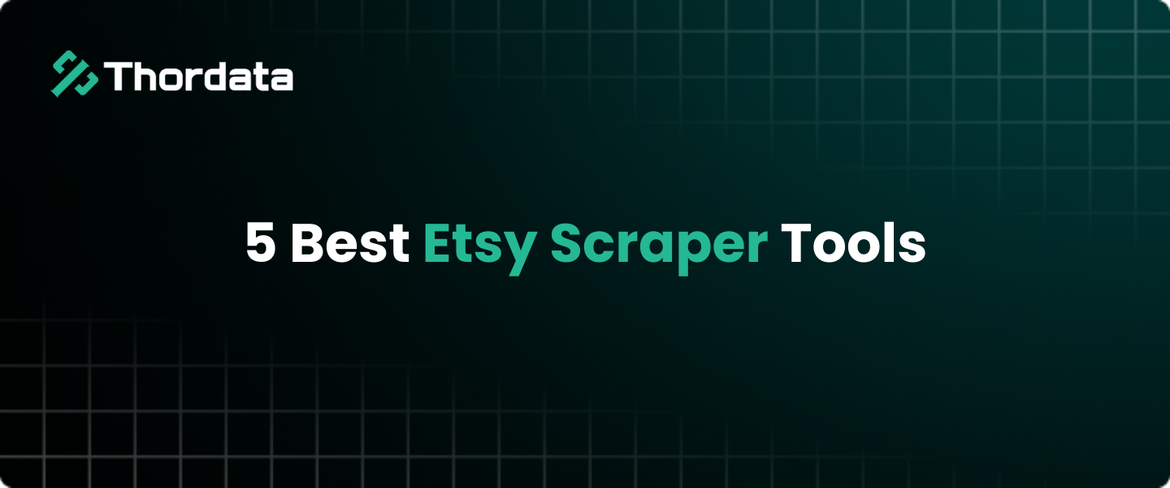
5 Best Etsy Scraper Tools in 2026
This article evaluates the top ...
Yulia Taylor
2026-02-09
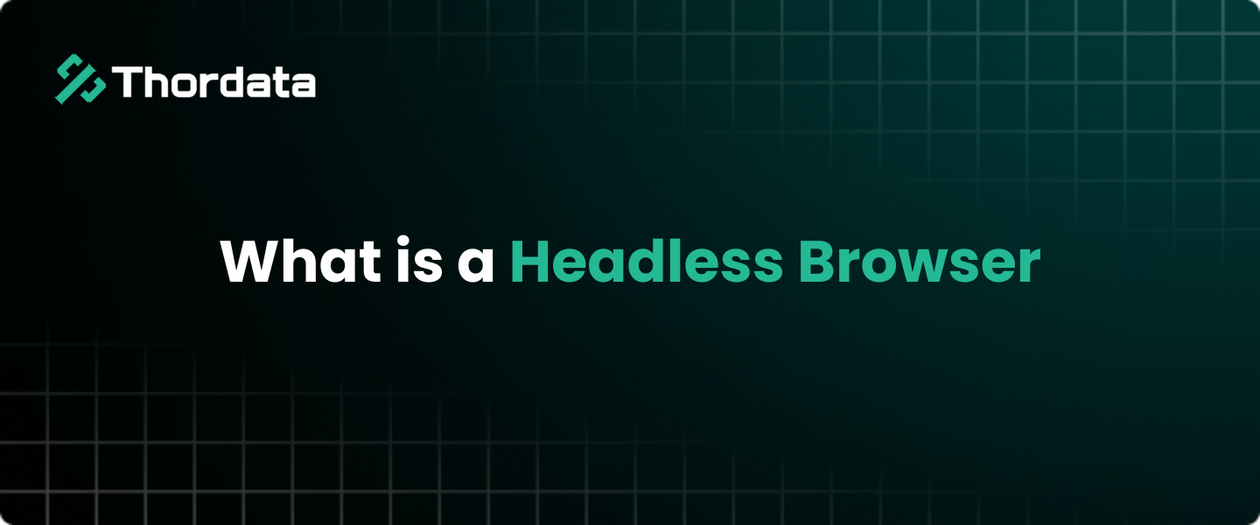
What is a Headless Browser? Top 5 Popular Tools
A headless browser is a browse ...
Yulia Taylor
2026-02-07
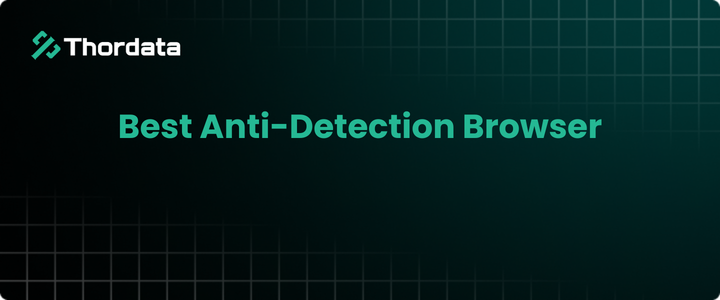
Best Anti-Detection Browser
Xyla Huxley Last updated on 2025-01-22 10 min read […]
Unknown
2026-02-06
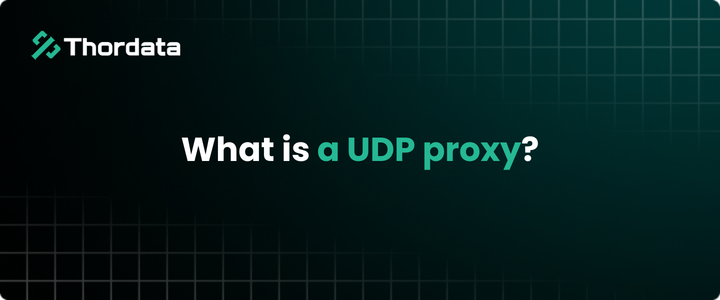
What is a UDP proxy?
Xyla Huxley Last updated on 2025-01-22 10 min read […]
Unknown
2026-02-06
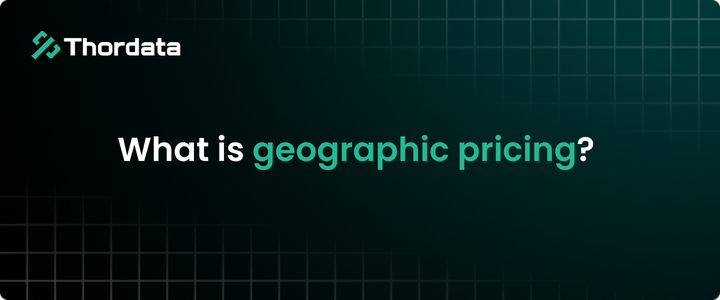
What is Geographic Pricing?
Xyla Huxley Last updated on 2025-01-22 10 min read […]
Unknown
2026-02-05
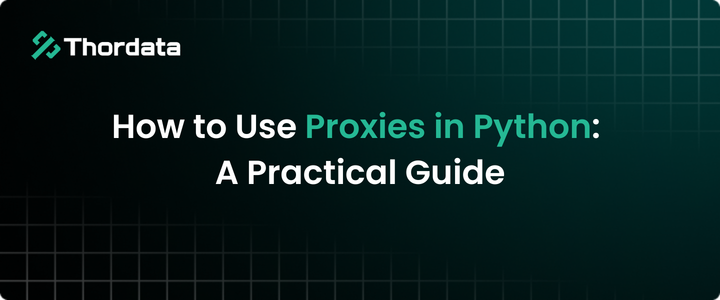
How to Use Proxies in Python: A Practical Guide
Xyla Huxley Last updated on 2025-01-28 10 min read […]
Unknown
2026-02-05
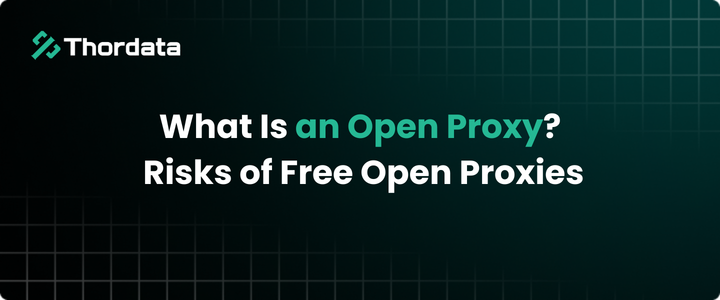
What Is an Open Proxy? Risks of Free Open Proxies
Xyla Huxley Last updated on 2025-01-22 10 min read […]
Unknown
2026-02-04
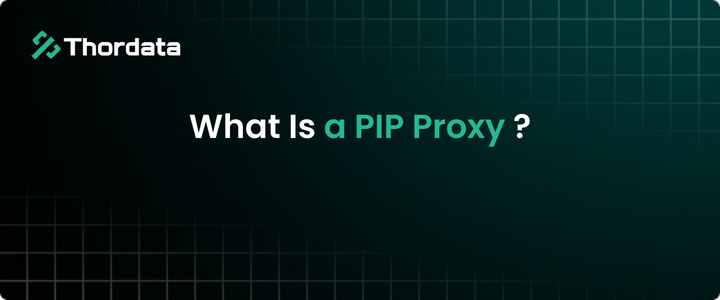
What Is a PIP Proxy? How It Works, Types, and Configuration?
Xyla Huxley Last updated on 2025-01-22 10 min read […]
Unknown
2026-02-04
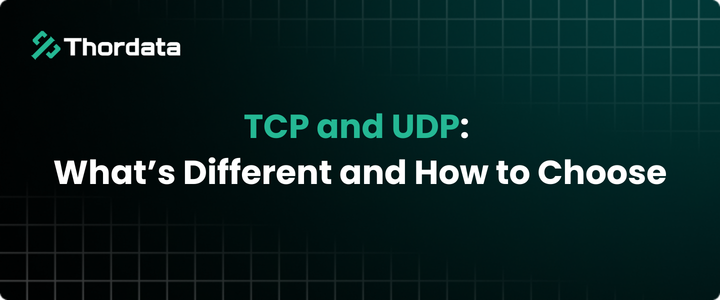
TCP and UDP: What’s Different and How to Choose
Xyla Huxley Last updated on 2026-02-03 10 min read […]
Unknown
2026-02-04